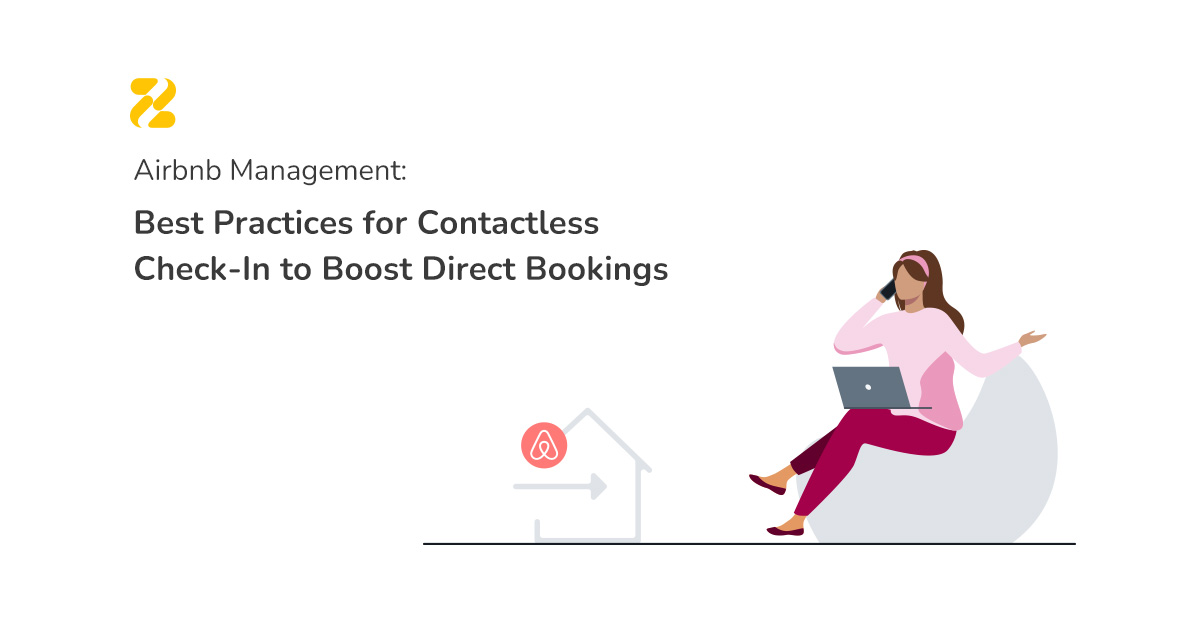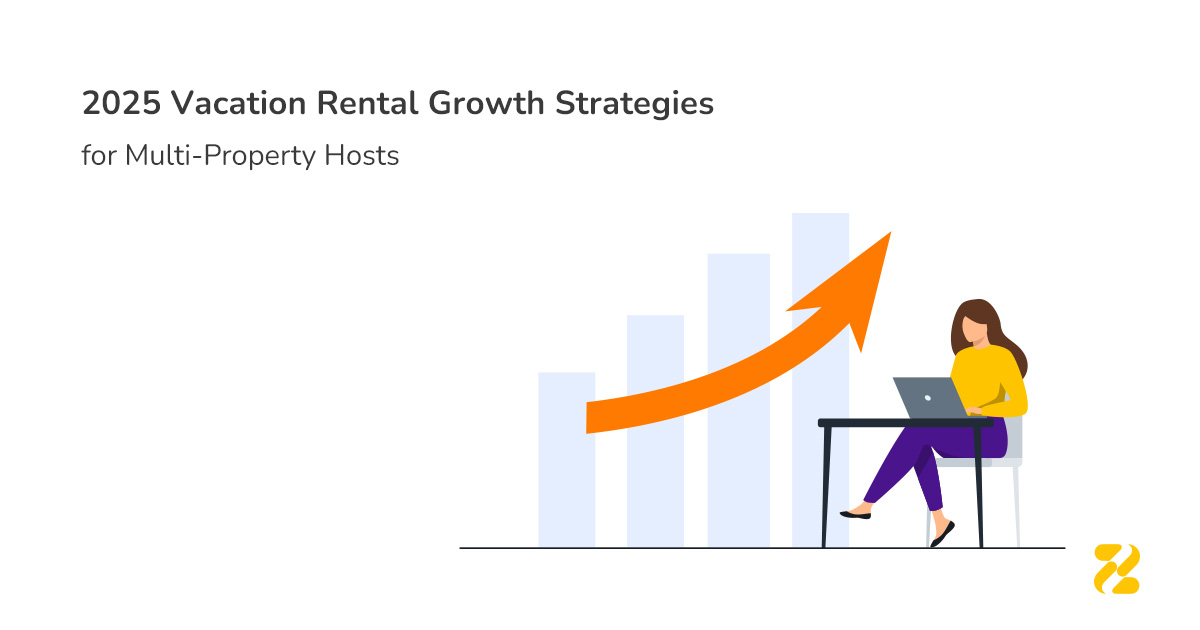During the pandemic’s early stages, Airbnb’s refunds to guests sparked objections and mistrust among hosts. That’s why many hosts view the Airbnb refund policy sceptically, perceiving a bias in favour of guests’ rights over theirs. Let’s dig into the refund policy on Airbnb and find out why Airbnb hosts are not happy with it.

Table of Contents
How Does the Airbnb Refund Policy Work?
The Airbnb refund policy explains how the company handles refunds should
A. hosts cancel a reservation;
B. a Travel Issue disrupts a guest’s stay.
Based on the Airbnb refund policy, guests are given a 72-hour window – instead of 24 hours – to report their travel issues.
‘Where a guest demonstrates that timely reporting of a Travel Issue was not feasible, we may allow for late reporting of the Travel Issue under this Policy.’ It seems like, in some cases, guests even have more than 72 hours to report their travel issues.
If Airbnb identifies a Travel Issue affecting the stay, they offer a full or partial refund. Additionally, they might help the guest find alternative accommodations if necessary, ensuring they receive comparable or superior options.
The hosts are in charge of paying the amount of the refund. Also, they must reimburse all the expenses incurred on Airbnb in assisting a guest with finding and booking a new place.
So, hosts believe that the Airbnb Rebooking and Refund Policy seems to favour guests and has the potential to be troublesome for hosts.

Why Are Hosts Sceptical about the Airbnb Refund Policy?
Airbnb hosts are unhappy with the guest report period extended to 72 hours. They believe this gives scammers more time to make fake documentation and take staged photos or videos as evidence. They ask for full or partial refunds and stay at vacation rentals free of charge. In addition, guests might ask for lower rates, blackmail their hosts, and threaten them to make a report within three days.
Imagine a host’s vacation home is not liveable for the guests due to a sudden issue in its plumbing system. In this case, the host has to pay the refund, Airbnb rebooking assistance costs, and any disparity in price between the originally booked accommodation and the alternative property arranged by Airbnb. Moreover, the host incurs expenses fixing the rental issue, loses revenue from the stay, and risks losing their Superhost status.

Why Has Airbnb Decided So?
Airbnb hosts need financial certainty and minimised cancellations. However, vacationers seek maximum flexibility and easy refunds. Airbnb has a double-purpose market with hosts and guests whose interests don’t necessarily align. Nevertheless, the company must support both sides to guarantee its long-term success.
Airbnb has always rewarded hosts with flexible cancellation policies. It also has a flexible cancellation search filter, allowing guests to find listings with the cancellation policy they prefer. Hosts can enhance the visibility of their listings in search results pages by taking more risks. But, it helps the online brand attract more guests and receive more overall bookings.
In this respect, the Airbnb refund policy aims to make hosts think twice before cancelling a booking for no good reason. It can help guests trust the company and foster loyal relationships with Airbnb.
Airbnb also claims that they have formulated this policy to support both hosts and guests. They will have a longer reporting window and more time to negotiate travel issues before the company gets involved.

What Are the Solutions for Hosts?
Hosts’ perceptions of the Airbnb refund policy favouring guests and indicating subtle signs of bias will not alter any rules. As a result, hosts must think of ways to establish their own protection system against free cancellations and refunds.
In this case, our recommendation would be obtaining vacation rental insurance, screening your guests, and reducing reliance on online booking platforms like Airbnb by building a well-designed and developed direct booking website.
Vacation Rental Insurance
Online booking websites like Airbnb and Booking.com use free cancellation policies as a primary tool to build trust with their guests and win more bookings. These plans expose the hosts to a wave of threats that can severely damage their vacation rental business profitability.
These OTAs (Online Travel Agencies) will not protect your business from financial risks as far as their own interests are concerned. Therefore, it is sensible to take out vacation rental insurance and get covered for the possible costs of fraudulent attacks.
Guest Screening
Another effective way to minimise reservation risks is to vet your Airbnb guests before accepting a booking. Tenant screening is a measure taken by property managers to assess prospective tenants to decide if they are trustworthy and less likely to commit any fraud or crime.
To avoid such incidents, you need to verify your prospects’ personal information and check their Airbnb profile to read their reviews. Moreover, you can contact other hosts or even ask your guests to sign a legal rental agreement before checking them in.
Direct Bookings
Complete reliance on OTAs means putting all your eggs in one basket. It leaves your business defenceless against the risks of their policy changes and slowing down your business growth.
Stop paying hefty OTA commissions and have complete control and independence. Protect your business against the risks of restrictive terms and conditions by building a high-quality direct booking website. You need to have the freedom to make your own rules and manage bookings to set yourself up for success.
Conclusion
Guests are more likely to book listings with a more flexible cancellation policy. Yet, this exposes the property managers to the hazardous financial risks of free cancellations and the Airbnb refund policy.
As a result, hosts assume that Airbnb’s policies and strategies favour its guests rather than the hosts. Airbnb’s refund policy has stirred some serious impatience and anger among the hosts.
What do you think about the Airbnb refund policy? Do you think their policies are balanced enough? Share your thoughts with us.





